
Study in United States
Study in the USA offers globally ranked universities, diverse programs, research opportunities, and vibrant campus life, making it a top destination for international students....
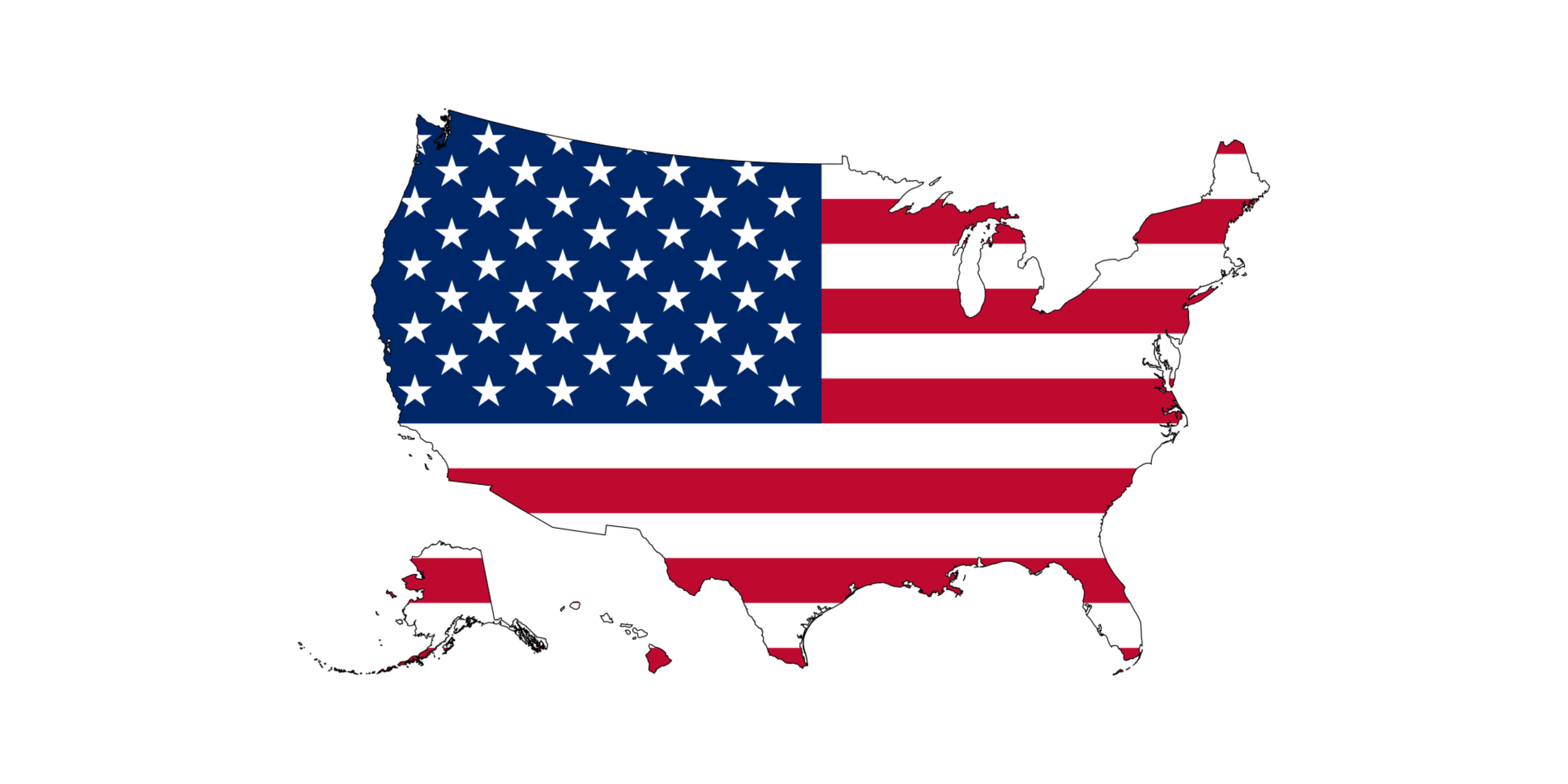

Study in the USA offers globally ranked universities, diverse programs, research opportunities, and vibrant campus life, making it a top destination for international students....

Capital
Total International Students
Average Tuition Fees
Number of Universities
Employment Rates
Official Language
Popular Industries
Accommodation
Scholarships
Cost of Living
The USA is one of the leading countries in the world with regards to higher education, academic excellence, research centers with world-class facilities and rich cultural experience. As thousands of universities are providing the latest programs, students have access to internationally acclaimed degrees and can enjoy international career prospects.Academic Excellence & Diverse InstitutionsThe US has some of the best colleges such as Harvard, MIT, Stanford and the University of California system. The American universities have a reputation of being innovative, highly researching, and integrating with the industry making them ready to be employed in high demand sectors.Wide Range of CoursesThe... Read More
Home to globally renowned institutions like Harvard, MIT, and Stanford, the USA leads in academic excellence, research innovation, and industry-driven education, attracting students worldwide.
Offering thousands of programs in fields like engineering, business, healthcare, and the arts, US universities cater to varied academic interests, with many courses taught in English.
The USA provides extensive scholarships, grants, and assistantships, including Fulbright and university-specific awards, making quality education more accessible to international students.
With a multicultural environment, international festivals, and diverse student communities, studying in the USA ensures global networking and immersive cultural experiences.
Through OPT and STEM OPT extensions, graduates can gain valuable work experience in top US industries, enhancing global career prospects.
Universities collaborate with leading companies, offering internships, research projects, and direct recruitment pathways for students.
The USA leads in research funding and infrastructure, allowing students to work on cutting-edge projects and real-world problem-solving.
Some admission requirements for studying in United States
| Study Level | Minimum Academic Requirement | Entrance Exams Required | Language Proficiency | Other Requirements |
|---|---|---|---|---|
| Bachelor’s (UG) | Completion of high school/12 years of education with GPA 2.5–3.0+ (varies by university) | SAT/ACT (many universities now test-optional, but top schools may still prefer) | IELTS 6.0–6.5; TOEFL iBT 70–90; Duolingo 95–120; PTE 50–58 | Application via Common App or university portal, Personal Statement, Letters of Recommendation, Financial documents for I-20 |
| Master’s (PG) | 4-year Bachelor’s degree (or equivalent) with GPA 2.75–3.0+ | GRE/GMAT (many programs are test-optional, but still required by top schools/business programs) | IELTS 6.5–7.0; TOEFL iBT 80–100; Duolingo 105–120; PTE 58–65 | Statement of Purpose, 2–3 Recommendation Letters, Resume/CV, Proof of funding, Work experience (for MBA/Professional degrees) |
| PhD | Master’s degree or strong 4-year Bachelor’s with research background | GRE (varies by program); subject GRE for specialized fields | Same as Master’s; TOEFL iBT 90–100; IELTS 6.5–7.0 | Research Proposal, CV, Academic References, Interviews; Publication record often beneficial |
| Engineering/Technology | UG: High school with strong scores in Maths/Science; PG: Bachelor’s in Engineering/related field | SAT/ACT for UG; GRE (quant-heavy) for PG programs | Same as UG/PG | SOP, Recommendation Letters; portfolio or project work for some technical programs |
| Medicine (UG/MD Programs) | Completion of pre-med track (Biology, Chemistry, Physics, Mathematics) with GPA 3.5+ | MCAT mandatory for MD programs | TOEFL iBT 100+; IELTS 7.0+ | Shadowing/clinical experience, Strong recommendation letters, Personal Statement, Interviews |
| Foundation/Pathway Year | High school completion with GPA 2.0–2.5 (for students not meeting direct entry) | Usually none; placement tests for Maths/English | IELTS 5.0–5.5; TOEFL iBT 60–70; Duolingo 80–90 | Age 17+, Transcripts, Recommendation letter; designed as a bridge to Bachelor’s entry |
The U.S. has a diverse range of institutions, including public universities, private universities, community colleges, and liberal arts colleges. Each type offers unique academic experiences, from affordable two-year programs to world-renowned research institutions.
Students can pursue Associate, Bachelor’s, Master’s, and Doctoral degrees. Programs combine core subjects with electives, allowing flexibility and interdisciplinary learning across academic or vocational tracks.
Schooling in the U.S. starts from Kindergarten and continues through Grade 12. After completing high school, students can apply to higher education programs at colleges or universities.
Top fields of study in the U.S. include STEM (Science, Technology, Engineering, Mathematics), Business, Computer Science, Health, and Social Sciences — favored for strong career outcomes and innovation.
U.S. universities often require standardized test scores. Undergraduate programs may ask for SAT or ACT, while GRE or GMAT is common for graduate programs. English proficiency tests like TOEFL or IELTS are usually mandatory.
The U.S. uses a credit-based system, where students must complete a required number of credits to graduate. Performance is graded on a 4.0 GPA scale.
Most institutions follow a semester system with major intakes in Fall (August/September) and Spring (January), and a shorter optional Summer term in May or June.
✅ Completion of required education level (High school diploma for undergraduate, Bachelor’s for graduate programs)
✅ Academic transcripts and certificates
✅ Standardized test scores (e.g., SAT/ACT for UG; GRE/GMAT for PG – if applicable)
✅ Statement of Purpose (SOP), Personal Essay, or CV
✅ Letters of Recommendation (if applicable)
✅ English language proficiency (TOEFL/IELTS/Duolingo as per program requirement)

✅ Valid passport with sufficient validity
✅ University admission letter & Form I-20/DS-2019
✅ SEVIS I-901 fee payment receipt
✅ Completed DS-160 visa application form
✅ Recent biometric passport-size photographs
✅ Proof of financial ability (bank statements/scholarship/funding)
✅ Proof of accommodation or university housing confirmation
✅ Health insurance coverage (mandatory as per university)
✅ Visa interview appointment & approval

| University Name | Rank | City | Courses |
|---|---|---|---|
| Massachusetts Institute of Technology (MIT) | #1 in the world | Cambridge, MA | Engineering, Computer Science, Business, Sciences |
| Stanford University | #Top 3 globally | Stanford, CA | Engineering, Business, Medicine, Humanities |
| Harvard University | #Top 5 | Cambridge, MA | Law, Business, Medicine, Arts & Humanities |
| California Institute of Technology (Caltech) | #Global Top 10 | Pasadena, CA | Engineering, Physics, Environmental Sciences |
| University of California, Berkeley (UC Berkeley) | #Global Top 10 | Berkeley, CA | Sciences, Business, Engineering, Social Sciences |
| Columbia University | #Top 10 globally | New York City, NY | Business, Law, Journalism, Social Sciences |
| Yale University | #Global Top 10 | New Haven, CT | Law, Medical Sciences, Arts & Humanities |
| Johns Hopkins University | #Global Top Institution | Baltimore, MD | Medicine, Public Health, ECE, International Relations |
| Rice University | #Ranked ~Top 150 globally | Houston, TX | Engineering, Business, Earth Sciences, Humanities |
| University of Chicago | #Global Top Institution | Chicago, IL | Economics, Social Sciences, Law |
From student visas to intakes and job prospects—here’s everything you need to know before you apply.

Apply to a U.S. school approved by the Student and Exchange Visitor Program (SEVP). Once accepted, the school will issue you a Form I-20 (for F-1/M-1 visa) or Form DS-2019 (for J-1 visa).

After receiving the Form I-20 or DS-2019, pay the SEVIS I-901 fee online. Keep the payment receipt as proof.

Fill out the Online Nonimmigrant Visa Application (Form DS-160). This form is required for all visa applicants.

Schedule an appointment for a visa interview at the nearest U.S. embassy or consulate. Visa interview times can vary, so schedule early.

Gather necessary documents for your interview,

Go to the U.S. embassy or consulate on the scheduled date with all your documents.

After the interview, the consular officer will decide whether to approve or deny your visa application. If approved, you will be informed about how and when to collect your visa.

If your visa is approved, you will receive your F-1, J-1, or M-1 student visa. Make sure to check your visa for accuracy.


It begins in August or September and is ideal for completing a full academic year.

The Spring intake starts in January and offers fewer programs, but it’s a good option if you missed the Fall intake or prefer a later start.

The Summer intake is less common and is typically for short-term courses, internships, or specific programs with a condensed timeline.


$110,140 per year

$77,600 per year

$136,850 per year

$89,330 per year

$100,980 per year

$96,800 per year

$210,665 per year

$220,380 per year

| Degree | Minimum Fees | Maximum Fees | Average Fees |
|---|---|---|---|
| Bachelor’s Degree | $20,000 to $30,000 | $65,000 - $70,000 | $15,000 to $50,000 |
| Associate Degree | $4,050 | $35,830 | $10,950 |
| Master’s Degree | Under $20,000 | $60,000 | $30,000 – $90,000 |
| MBA (Full-time) | $35,000-$60,000 | $91,000 (top schools) | $120,000 – $250,000 |
| Executive MBA (EMBA) | Under $90,000 | $240,000 | $100,000 – $250,000 |
| PhD Programs | $0 (Fully Funded) | $100,000 | $35,000 |
| Professional Degrees (e.g., MD, JD) | $150,000 – $300,000 | $90,000+ | $300,000 to $500,000 (With living cost and others) |
| Scholarship Name | Application Deadline | Maximum Amount Award | Application Portal Link |
|---|---|---|---|
| Knight-Hennessy Scholars (Stanford) | 2025-10-31 | 300000 | Apply Here |
| The Gates Scholarship (Undergraduate) | 2025-09-15 | 20000 | Apply Here |
| Fulbright Foreign Student Program | 2025-12-31 | 30000 | Apply Here |
| Jack Kent Cooke Foundation Scholarship | 2025-12-31 | 40000 | Apply Here |
| Tulane University Scholarships | 2026-02-15 | 30000 | Apply Here |
| Yale College International Students Scholarship | 2026-01-02 | 20000 | Apply Here |
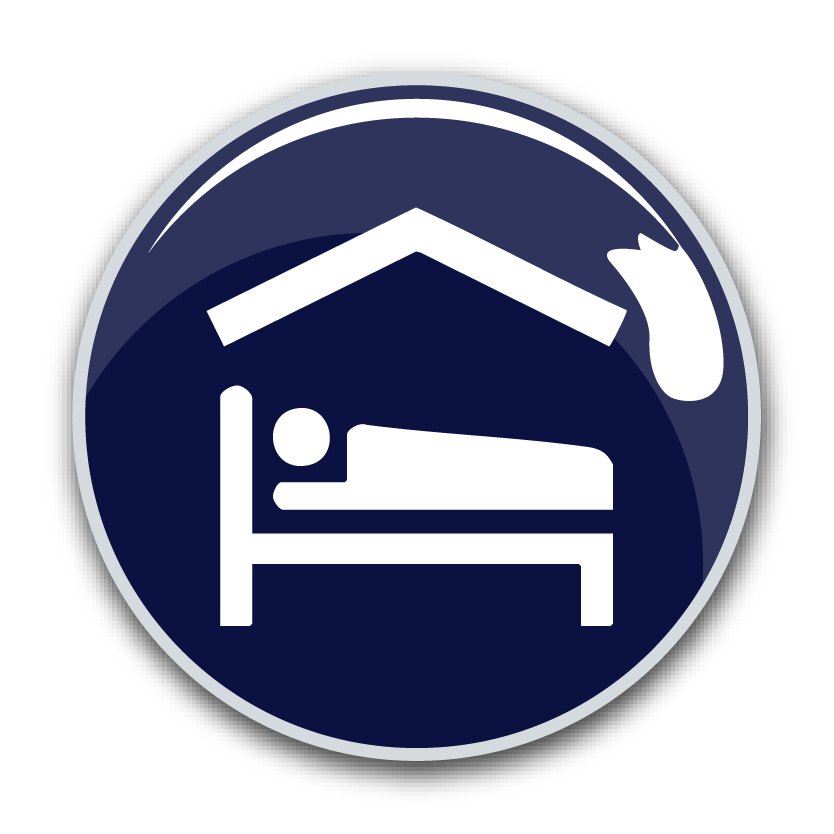
$600 – $1,500 per month

$50 – $150 per month
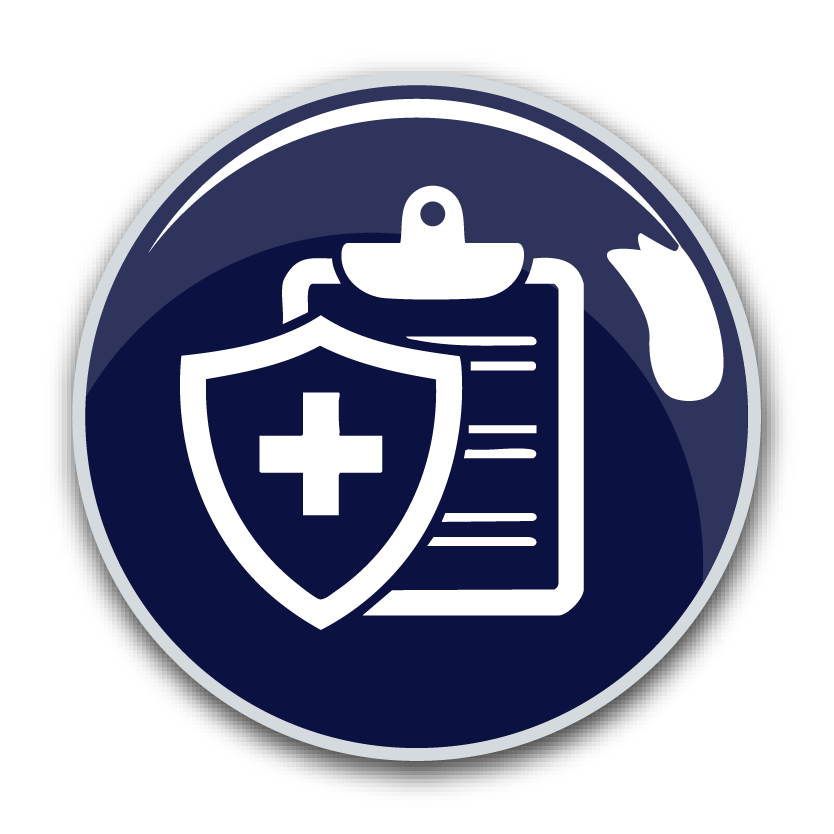
$500 – $1,000 per year

$250 – $600 per month

$100 – $300 per month.
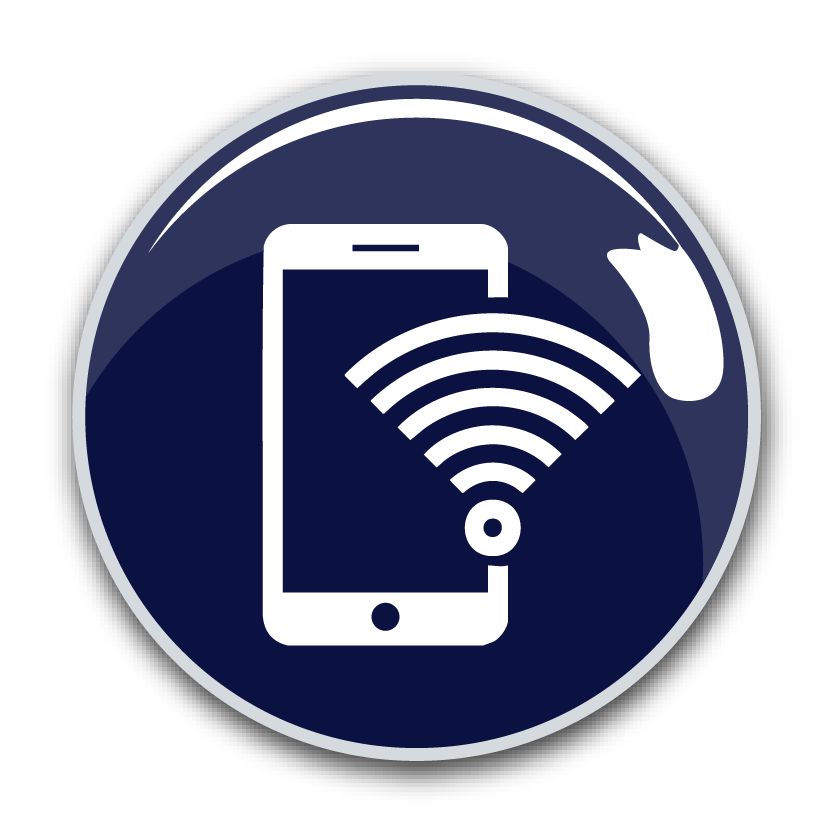
$40 – $100 per month

$70 – $120 per month
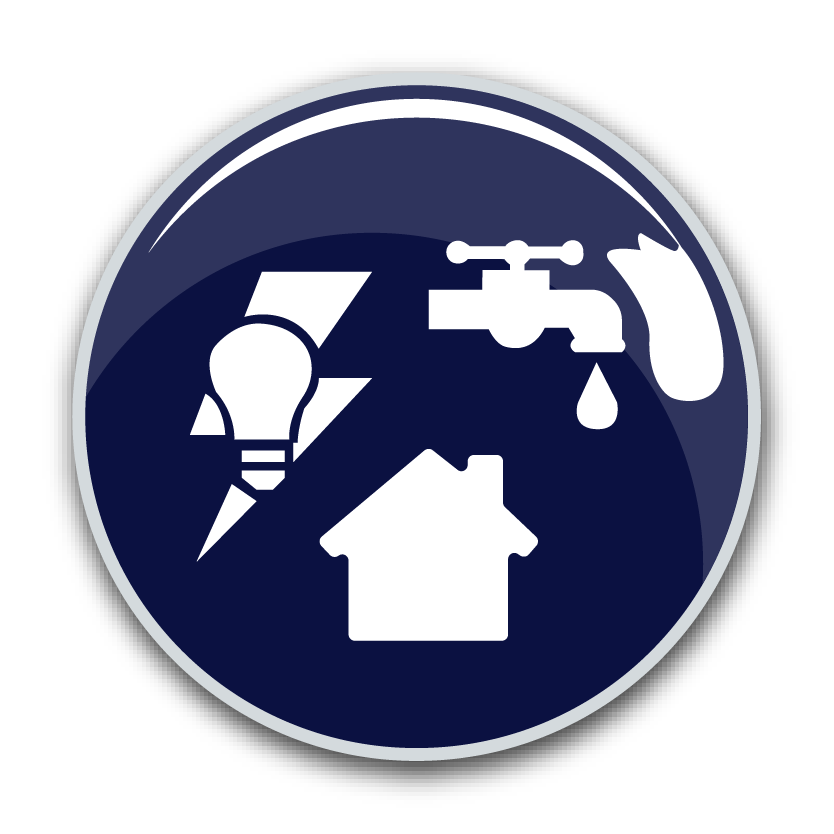
$150 – $300 per month